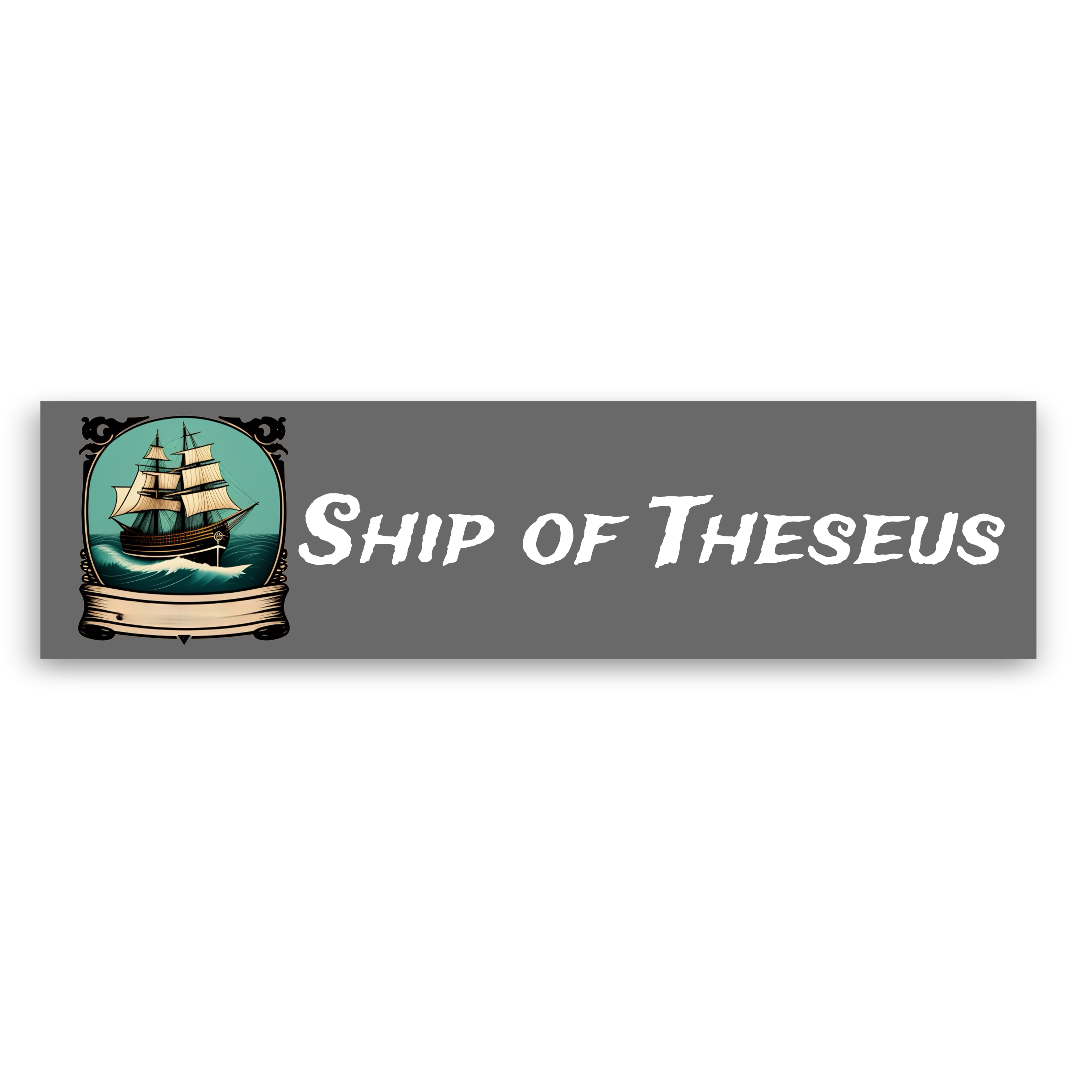This blog is not intended to make people believe a single story about the past; this has been the most common practice in teaching history. “History as it was” seems to be said implicitly. Past and history are confused. It is assumed and taught that writing a “true” story is possible. Conveying history from multiple perspectives means opposing this single view of the past. Multiperspectivity can be defined as the ability to interpret the past from different perspectives, understanding perspective not only as a historiographic position but as the set of ideas, knowledge, emotions, or contextual circumstances from which someone interprets and gives meaning to the world of the past and of the present.
The paradox of the Ship of Theseus is closely related to this concept. As often happens in various investigations of historical events, some people think only about a specific variable or method, and they leave aside addressing it from a multi-perspective, ignoring certain factors in the process. Thus, it is evident that they consider some problems paradoxical when, in reality, they are not.
The paradox statement is as follows: Theseus has a ship made of wooden planks. As he uses it, it deteriorates, so he must replace each deteriorated plank with a new one if he wants to keep the boat functional. The question is whether having changed a plank, it is still Theseus’ Ship.
Moreover, in the event that all the wooden pieces have been replaced, one also wonders if it is still the same Ship and if all the discarded pieces of wood were disposed of. Another ship was built (obviously, this one would not be functional), and he wonders if that Ship would be Theseus’s.

Surrounding the Theseus Paradox are various themes regarding continuity, interpretations and re-interpretations, identity, and memory related to the study of history.
Let us take Martin Guerre’s story as an example, which was told for centuries. It was famous and curious and served to indoctrinate traditional family values. Natalie Davis used it to make history. She broke down what happened with the eyes of a historian, and that is the tremendous value of “The Return of Martin Guerre.” The big question was asked: Can Guerre’s story help us understand the ways of life of the peasants of the 16th Century?
However, another perspective for this story can be provided, a new critical perspective that goes overlooked: Can Bertrande’s story (a Re-interpretation of the story of Martin Guerre) help us understand how women defined their identity? Can the question of whether the Ship’s identity remains continuous (the same) after modifications be applied to women’s identity and marriage in the 16th Century?
Alternatively, we take the example of Ernest Hartsock, the first and only poetry professor at Oglethorpe University, who was considered a significant influence during the Southern Renaissance. In addition to being named the Inaugural Professor of Poetics, he challenged the common idea that there was a lack of cultural engagement in the South from Oglethorpe University through his yearbook, his Magazine “The Bozart,” and his poetry class. However, his implementations within Oglethorpe University were fading away after his death, bringing into discussion the fragility of the impacts of an individual identity on an institutional and cultural identity.
Several philosophers ask if the legacy, glory, and history of the Ship of Theseus can continue to live on even if some or all of its parts have been replaced. Now evaluate the following question: Following this same pattern of thought, can the significant changes and contributions of Ernest Hartsock still be attributed to Oglethorpe University after several pieces of his legacy are not explicitly present at the institution?
This blog applies critical thinking and openness to different perspectives (which can be considered two sides of the same coin) based on different contexts, experiences, interests, or starting points, all transmitted by Oglethorpe University through your COR program. Ultimately, this blog aims to delve into how stories are constructed from the vestiges of the past and how these stories are/were used to shape our present.
Terms, Philosophy. Ship Of Theseus; Image. Ship of Theseus, https://philosophyterms.com/ship-of-theseus/.
